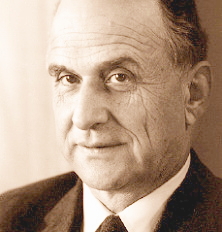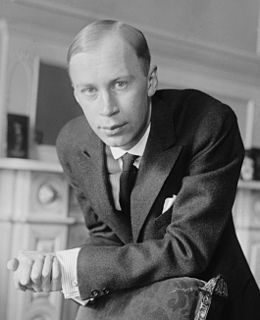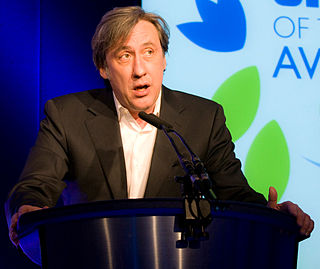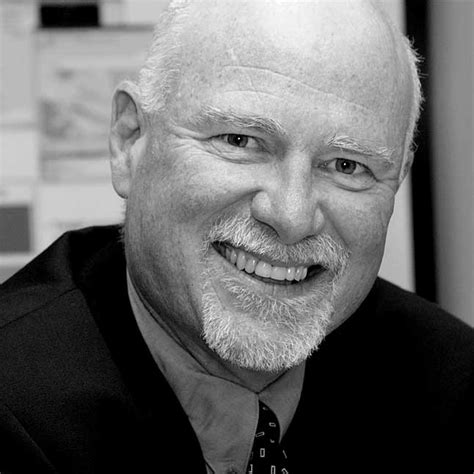A Quote by Nelson Goodman
Coming to understand a painting or a symphony in an unfamiliar style, to recognize the work of an artist or school, to see or hear in new ways, is as cognitive an achievement as learning to read or write or add.
Related Quotes
It seemed to me that had Haydn lived to our day he would have retained his own style while accepting something of the new at the same time. That was the kind of symphony I wanted to write: a symphony in the classical style. And when I saw that my idea was beginning to work, I called it the Classical Symphony.
Why was the painting made? What ideas of the artist can we sense? Can the personality and sensitivity of the artist be felt when studying the work? What is the artist telling us about his or her feelings about the subject? What response do I get from the message of the artist? Do I know the artist better because of the painting?
When we look at a painting, or hear a symphony, or read a book, and feel more Named, then, for us, that work is a work of Christian art. But to look at a work of art and then to make a judgment as to whether or not it is art, and whether or not it is Christian, is presumptuous. It is something we cannot know in any conclusive way. We can know only if it speaks within our own hearts, and leads us to living more deeply with Christ in God.
Noam Chomsky is, in some ways, a victim of this new millennium we live in because you can't pull a sound bite from that guy and understand what he is talking about. You have to hear the whole paragraph. You have to hear the whole page. You've got to hear the whole conversation if you really want to understand it and that could change your life.
I have always believed that art should be a deep pleasure...ther e is always, everywhere, an enormous amount of suffering. But I believe my duty as an artist is to overcome and alleviate the sterility of despair...New ways of seeing mean new ways of feeling... I do believe that painting can change the world.
The edge of a painting is its frontier... where the artist negotiates his boundaries with the real world... where art begins and ends and where the eye enters and leaves the image. It determines, in an infinitely subtle number of ways, how you read a painting - which, unlike a book or a piece of music, has no pre-determined beginning or end.
Reading has always brought me pure joy. I read to encounter new worlds and new ways of looking at the world. I read to enlarge my horizons, to gain wisdom, to experience beauty, to understand myself better, and for the pure wonderment of it all. I read and marvel over how writers use language in ways I never thought of. I read for company, and for escape. Because I am incurably interested in the lives of other people, both friends and strangers, I read to meet myriad folks and enter their lives- for me, a way of vanquishing the “otherness” we all experience.









































